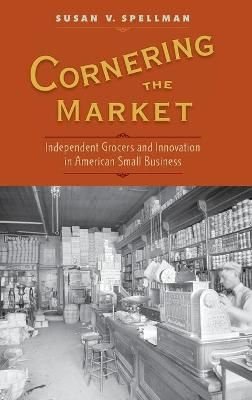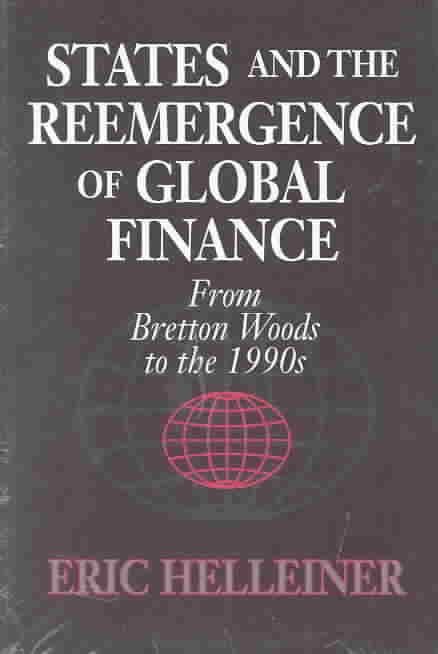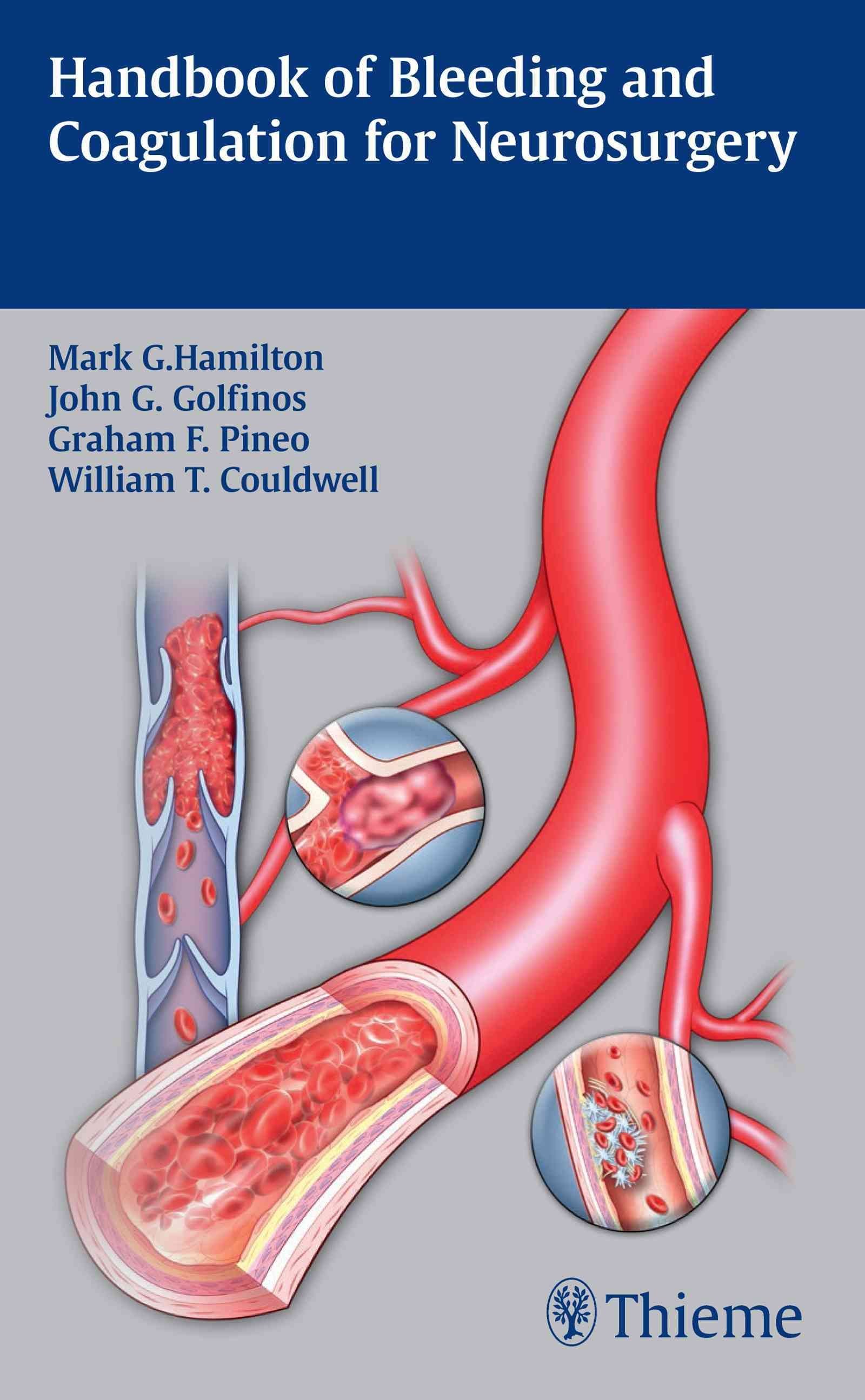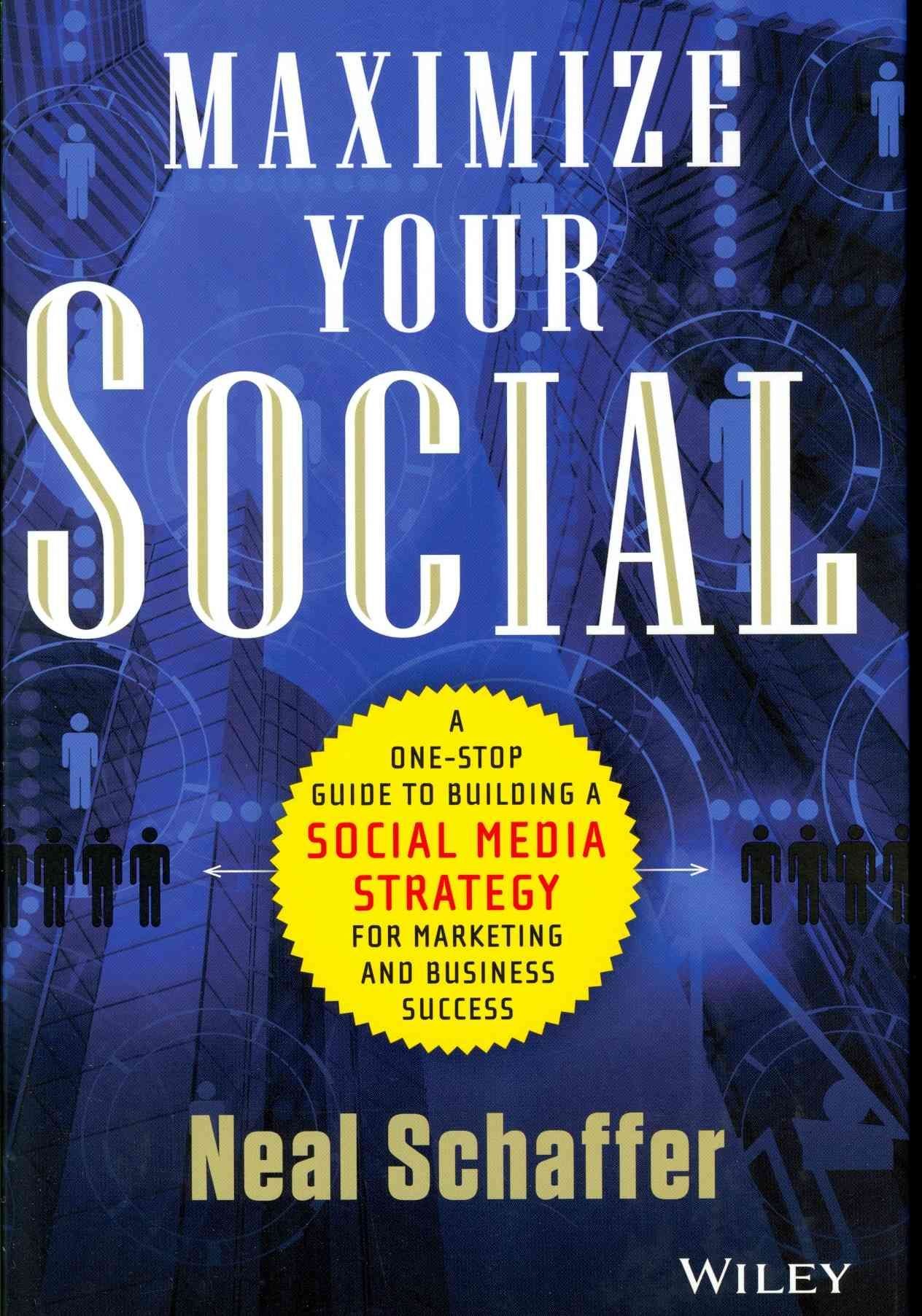This book evaluates the institutional environments of China and the United States, and the West more broadly, and how they affect their trading relationship, with specific emphasis on intellectual property theft and other allegations of unfair competition. The economic and political characteristics of the two countries affect the balance of power in their trading relationship, with ramifications far beyond jobs and output. The major theme is China’s ability to free ride on Western institutions through intellectual property theft and extortion. This free riding is far more than just infringing patents and reaping profits; it creates a combination of incentives for political pressures in the West that diminish the free market and liberal Western values. The result is the classic result of free riding - underprovision, or degeneration, of the Western institutions that made the West prosperous and free. At the same time, China’s economic might, military prowess, and global soft power increase, often with deleterious effects for freedom and free markets. This book is distinctive because it integrates public choice ideas about economic institutions, state action, and strategic behavior into international trade. It also takes account of the economic characteristics of China and the West and explains why they present a situation that is fundamentally different from other trade disputes. Institutions and political influence are central to this book’s analysis of trade, which can be more dangerous and more disguised than the welfare gains from trade. Providing a concise and lucid distillation of pressing issues, this book is critical reading for scholars studying trade with China and its effects on both global and Western innovation, economic output, soft power, and freedom more broadly.












